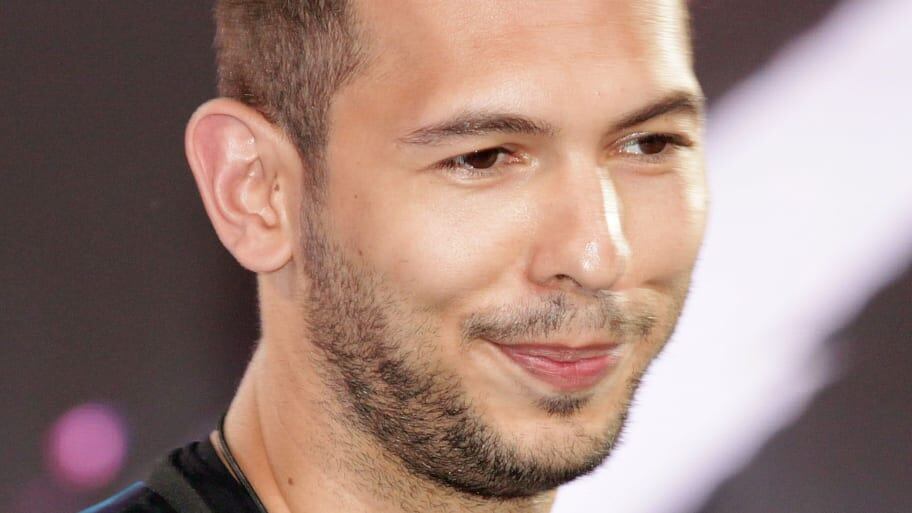It’s been a helluva few days for Andrew Tate. Over the weekend, the former reality-TV star-turned-social-media influencer was kicked off Facebook and Instagram. He then shut down a money-making program for his followers, Hustler’s University, with the platform saying has no future. Now he’s also been booted off TikTok.
The British-American former kickboxer, 35, had amassed millions of followers across a sprawling social media empire—one acolyte dubbed him “the king of toxic masculinity.” On TikTok alone, videos of him had racked up over 12 billion views, with more than a billion of those coming in just a single week this month, according to The Observer. But Big Tech’s tolerance of the influencer—who has previously described himself as “absolutely a misogynist”—has unraveled even faster than his staggering popularity has accelerated.
TikTok removed Tate’s account for breaching its policies regarding “content that attacks, threatens, incites violence against, or otherwise dehumanizes an individual or a group” based on attributes including sex, a spokesperson told The Washington Post in a statement. The self-promoting “success coach” was also kicked off Facebook and Instagram for violating rules around dangerous organizations and individuals, a Meta spokesperson told NBC Friday.
Tate’s bans come after campaign groups have called for his deplatforming over his content. In a petition calling for Tate to be banned from social platforms, British advocacy group Hope Not Hate slammed Tate’s “violently misogynist, racist, and homophobic content,” which it said “poses a genuine threat to young people.” The group arrived at its conclusion about Tate based on his monumental online popularity coupled with his troubling views and past comments. In one video on how he would deal with a woman who accused him of cheating, Tate said: “It’s bang out the machete, boom in her face, and grip her by the neck. Shut up, bitch.”
His social media bans have been coupled with the scuttling of his Hustler’s University. The marketing affiliate program encouraged Tate’s fans to make money by signing up new members. The scheme, which cost more than $40 a month, had some 109,000 members before its closure.
Tate’s latest bans are his latest badges of dishonor after earning himself a permanent removal from Twitter in 2017 over a thread commenting on sexual-assault allegations against Harvey Weinstein. “If you put yourself in a position to be raped, you must [bear] some responsibility,” Tate wrote. “I’m not saying it’s OK you got raped.”
Tate’s first foray into public life came with his truncated appearance on the British version of Big Brother in 2016. He was removed from the reality series after less than a week when a video emerged appearing to show him beating a woman with a belt.
In April this year, Tate’s home in Romania was raided in connection with a human-trafficking investigation following reports of an American woman being abducted. In a YouTube video, Tate had said “40 percent” of the reason he moved to the Eastern European country was because Romanian police were less likely to pursue sexual-assault allegations. He denied all wrongdoing in relation to the search and no arrests were made.
Fans of Tate have accused the social-media companies banning him of censorship. In response to the lockouts, Tate said: “Banning me only inspires more internet hate mobs and more division,” The Guardian reports. “This will become a weapon of attack for different points of view for the foreseeable future.”






